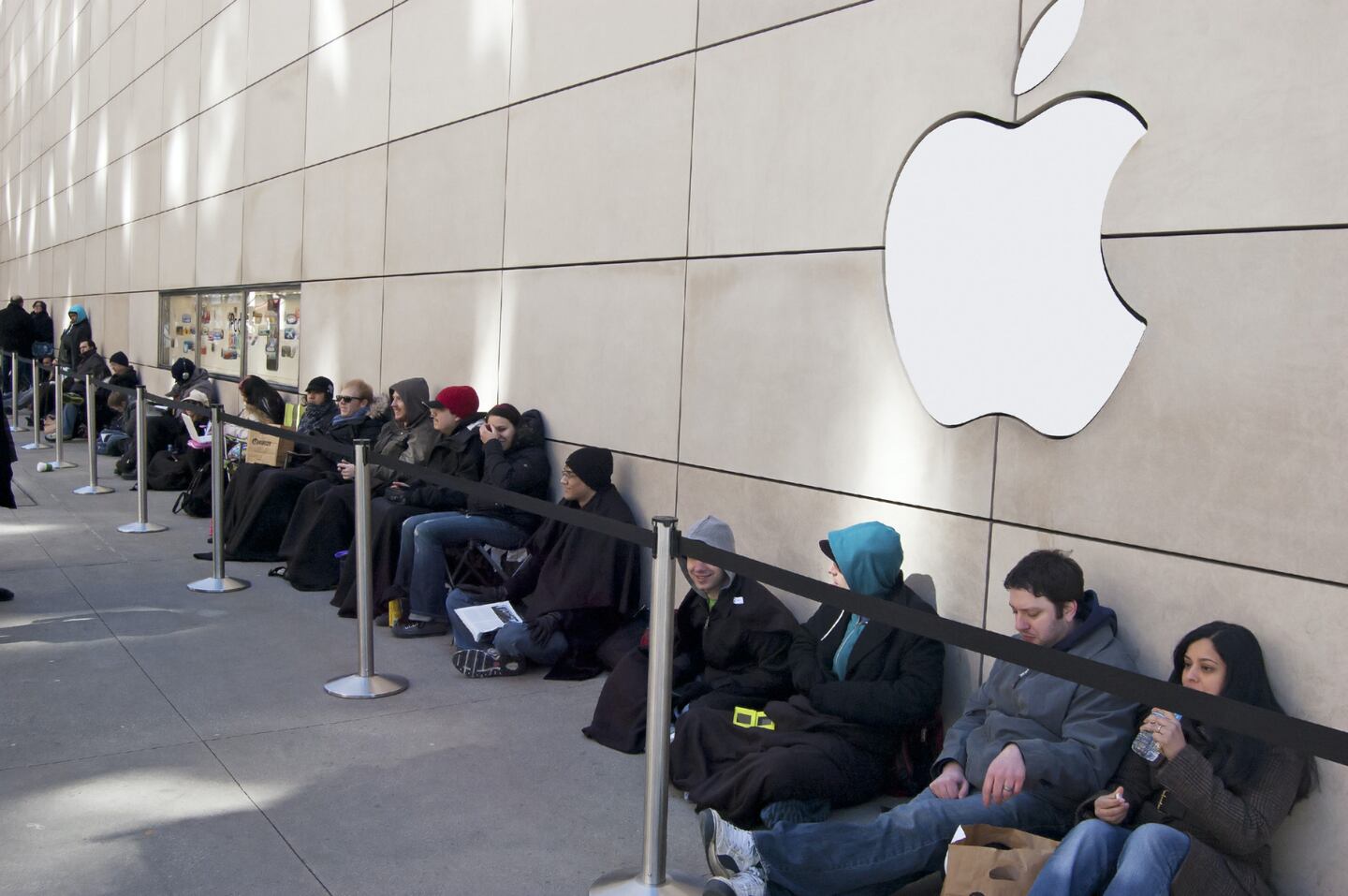
The Business of Fashion
Agenda-setting intelligence, analysis and advice for the global fashion community.

Agenda-setting intelligence, analysis and advice for the global fashion community.

NEW YORK, United States — My friends and I often joke about walking the floor at Barneys, or scrolling on Net-a-Porter, having money to spend (or at a least credit card to charge) and not finding anything to buy. Right now, I'm on the hunt for a cleanly designed caftan in an eye-searing colour for a wedding in Morocco. I've visited all the mass retailers and independent concept stores, clicked through all the online marketplaces and found nothing I liked enough to purchase (or even rent). I'm hoping I'll have better luck with vintage.
There’s a reason for this: fashion is overly merchandised — and therefore boring — because retailers base their orders on fear, not desire, following the market instead of inciting emotion. If floral prairie dresses are selling, store buyers want floral prairie dresses from everyone, even if that style does not align with a brand’s original point of view. Too often the buyer dictates, and the designer complies. Hide the label on a garment and it’s practically impossible to tell who made what.
The commoditisation of the fashion industry, especially here in the US, where desperate retailers have encouraged a lack of differentiation and groupthink among American designers in order to hit quarterly sales goals, is dangerous. In the era of instant access — to information, to a wide range of product, to just about everything — American shoppers are after two things: easy or special.
Fashion is overly merchandised — and therefore boring.
A decade after the Great Recession, consumers in the US are often still driven by price. It helps to explain why so many direct-to-consumer brands offering quality without the mark-up have taken off. But the most successful of this bunch, from Reformation to Warby Parker, also do something many wholesale-focused labels in the US have failed at: they explain themselves; they build a brand that’s more meaningful than mere product. American designers love to gossip about basics-brand Everlane, some with admiration, others with disdain, in part because of the alarming amount of cultural cachet it has built in such a short amount of time.
ADVERTISEMENT
Is it that Everlane's product is the best in the world? No. But the brand experience that surrounds the product in touch points as seemingly trivial as email — one email, one item, presented in a visually appealing manner with clear copy — makes it hard to resist. Of course, Everlane’s storytelling is also rooted in its underlying belief in radical transparency, and that makes it compelling. But where it really excels, where it really hooks people, is in the brand experience.
There has been a lot of talk about the rise of brand-less culture in the face of decreasing customer loyalty. But I'd argue that, for this very reason, brand is more important than ever. A stylist friend of mine recently began mining Amazon Fashion's "tie-dye shop" for t-shirts. But she also wears them with Gucci loafers. Gucci and Amazon. What do they have in common? Amazon means efficiency. Gucci means love. But they both mean something.
So, what does this mean for American fashion designers?
We're once again heading into a month of shows, when New York gets the first crack at setting the season's agenda. For the past few years, the results have been disappointing. Why? In American fashion, "safe" is winning over instinct. Precious few designers have succeeded in building a brand that stands for something important; that gives people something to believe in. I can't think of one brand on the roster this week that is as meaningful in the eyes of the modern consumer as Nike, or Apple, or Gucci.
In American fashion, 'safe' is winning over instinct.
Just consider the emotions Hedi Slimane has conjured in his short time at the head of Celine. His removal of the accent aigu on the "e" in "Celine" — explained in all caps, quite reasonably though, under an Instagram post — has incited social media riots, with enraged Phoebe Philo fans squaring off against Slimane supporters.
Whatever your opinion about the change — or Slimane's designs in general — you can't argue that he is making consumers feel something. New York designers, when you present your collections this week, think about one key question: Why are you here? Tell me. I want to believe. Not just what you are going to present, but why. And please, don't merchandise your collection to death. You might actually kill it.
Related Articles:
[ What's Ailing America's Fashion Darlings?Opens in new window ]
[ Different Strokes At New York Fashion WeekOpens in new window ]
[ Op-Ed | Rethinking New York Fashion WeekOpens in new window ]
As the German sportswear giant taps surging demand for its Samba and Gazelle sneakers, it’s also taking steps to spread its bets ahead of peak interest.
A profitable, multi-trillion dollar fashion industry populated with brands that generate minimal economic and environmental waste is within our reach, argues Lawrence Lenihan.
RFID technology has made self-checkout far more efficient than traditional scanning kiosks at retailers like Zara and Uniqlo, but the industry at large hesitates to fully embrace the innovation over concerns of theft and customer engagement.
The company has continued to struggle with growing “at scale” and issued a warning in February that revenue may not start increasing again until the fourth quarter.